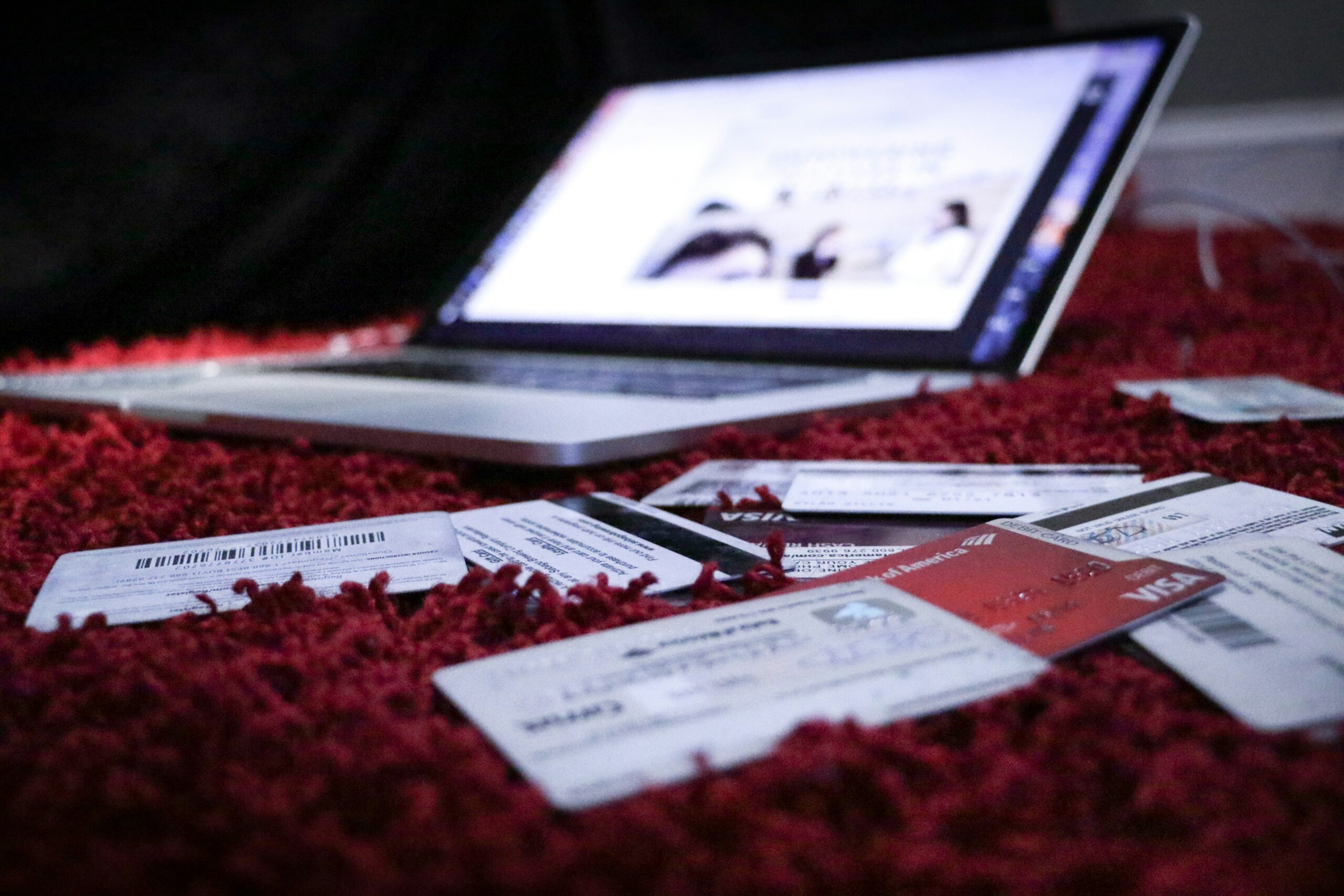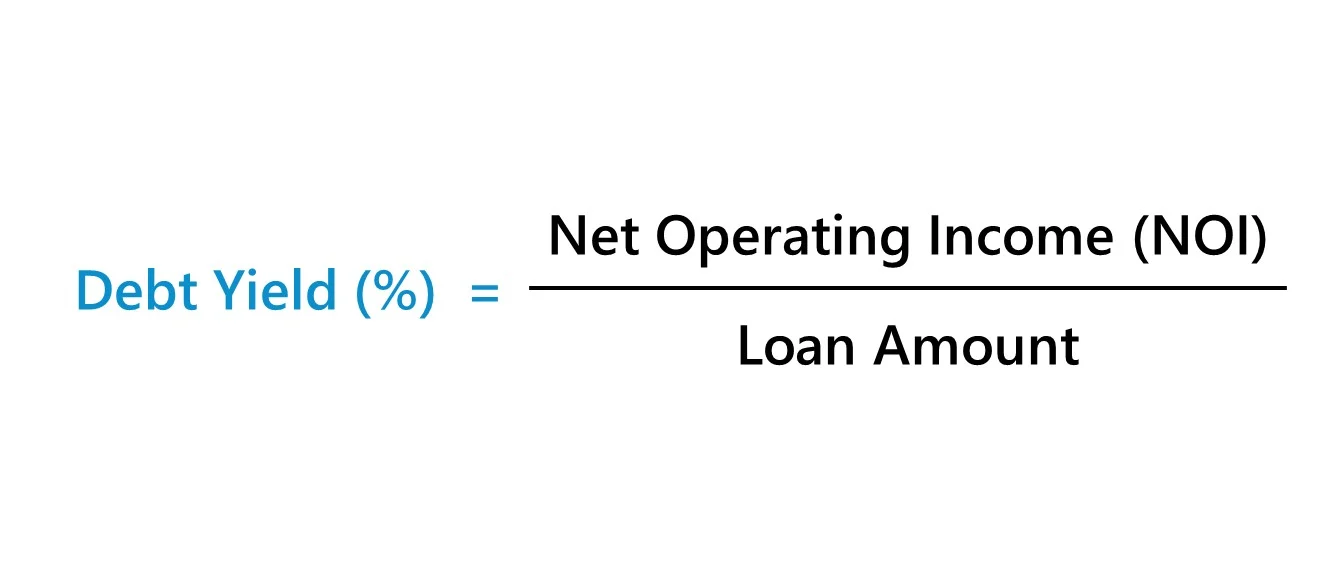
The issue of student loan debt persists in the United States, with one-fifth of college graduates still carrying the financial burden of their education loans. If you’re among these graduates repaying student loans, managing the monthly payments can pose a significant challenge, particularly alongside other financial obligations.
However, in some cases, parents assume responsibility for repaying these loans on behalf of their children. Whether the debt rightfully falls on the parents’ shoulders depends on the type of loan involved. Regardless of the arrangement, when parents cease making payments, it can create stress for the former student. We offer some guidance to assist you in navigating this situation.
Types of Student Loans
If you obtain a standard loan for your education, you’re likely to bear the responsibility for repayment. While your parents may opt to contribute towards the payments, the legal obligation ultimately falls on you.
However, there are loans specifically designated for parents, and in such cases, it becomes their legal responsibility to repay the loan. It’s crucial to grasp this distinction.
Direct Subsidized Loans
Direct Subsidized Loans are typically the objective when utilizing the Free Application for Federal Student Aid (FAFSA®) system to seek financial assistance. Meeting certain financial criteria is necessary, and once the loan is granted, specific standards must be met. However, the government covers the interest while you’re in school, during a six-month grace period post-graduation, and during deferment.
Upon completing the FAFSA®, your chosen college will provide a financial aid offer containing any granted financial aid and the details of subsidized loans for which you qualify. Additionally, information regarding unsubsidized loans will be included in this offer.
Direct Unsubsidized Loans
Direct Unsubsidized Loans function like any other conventional loan. Interest begins accruing from the moment the funds are disbursed, even during your enrollment in school. You have the option to either pay the accruing interest as you progress or allow it to accumulate, settling the accumulated interest once you’ve completed your education.
Some students choose to secure private student loans instead of relying on federal student aid. These private loans are also unsubsidized, and whoever is listed on the loan bears the responsibility for repayment. Generally, it’s advisable to maximize federal loans before considering private loans, as federal loans typically have more lenient credit score requirements and offer more favorable interest rates.
Direct PLUS Loans
While direct loans are specifically designated for undergraduate students, a distinct type of loan known as a Direct PLUS Loan is available for either graduate students or parents of undergraduates. These loans typically involve a credit assessment and an origination fee, which is deducted from the granted funds received by the student.
Direct PLUS Loans comprise two categories:
- Grad PLUS Loans: This variant of the loan is tailored for graduate or professional students and can cover expenses not addressed by federal loans. Students can borrow any sum under this loan category, up to the total cost of attendance.
- Parent PLUS Loans: Under this loan category, parents of dependent students borrow funds. The responsibility for repayment cannot be transferred to the student, even upon graduation.
In both instances, the individual obtaining the funds assumes responsibility for loan repayment. While payments typically commence immediately after graduation for both types of loans, borrowers have the option to request a six-month deferment period.
Direct Consolidation Loans
Similar to other types of loans, student loans can be modified over time. You have the option to refinance your student loan through a private lender, but obtaining better rates and simpler qualification criteria is often achievable through the federal government.
A Direct Consolidation Loan enables you to merge multiple student loans into a single one, thereby reducing your monthly payment. This consolidation may also make you eligible for certain loan forgiveness programs. Additionally, opting for the government route means there are no application fees. However, it’s important to note that consolidating may prolong the repayment duration and could potentially eliminate any special benefits associated with the original loan, such as interest rate discounts.
If Parents Stop Paying
Whether it’s a Direct or Parent PLUS loan, the withdrawal of parental financial assistance can have a significant impact. The average federal student loan debt stands at $37,338, which increases to $54,921 when factoring in private loans. Suddenly being responsible for such a substantial debt can severely strain your finances.
Listed below are steps to consider if your parents cease making payments on your loan.
1. Review the Loan Agreement
The first step to take if your parents have stopped payments is to review your student loan agreement. If it’s a private loan, you’ll need to locate the relevant paperwork from the lender. However, it’s likely that it’s a federal loan. In that case, access your account on StudentAid.gov and locate your loan on your dashboard.
Your loan documentation should outline the payment terms and grace periods. This will define your available options and the potential repercussions of missed payments.
2. Discuss the Situation with Your Parents
Have your parents taken the time to sit down with you and discuss their situation? If not, consider approaching them respectfully for a conversation. Try to maintain a calm and rational tone, focusing on finding a solution rather than letting emotions dictate the discussion.
3. Contact the Loan Servicer
If the loans are federal student loans, reach out to the loan servicer to explore your options, you might qualify for deferment, forbearance, or income-driven repayment plans, which can temporarily reduce or suspend your payments depending on your financial circumstances.
Private lenders are also open to discussions. Finding a mutually agreeable solution that ensures consistent payments benefits all parties involved.
4. Consider Refinancing
If your loan hasn’t been refinanced recently, explore your options. Federal loans can be refinanced through private lenders, potentially decreasing your monthly payment and lowering your interest rate.
However, before refinancing a federal student loan, it’s essential to consider the drawbacks. You’ll forfeit benefits such as deferment and forbearance, along with any future student loan emergency relief.
While parental assistance can be significant, there are steps you can take independently to alleviate the burden of repaying your student debt. By collaborating with loan servicers and adjusting your budget, you may discover that you can manage your payments without incurring penalties or harming your credit score.
Consequences of Missed Loan Payments
Regardless of whether you hold a federal, private, Direct, or Direct PLUS loan, if you are listed as responsible, failing to make reliable payments can result in various consequences. Here are some:
Late Fees
Review your loan documentation for details, but typically, the first penalty you’ll encounter is a late payment fee. For federal loans, this fee can amount to as much as 6 percent of the monthly payment due, and it will persist with each missed payment. Most loans offer a grace period before late fees are imposed, so check the terms to determine how many days you have before being penalized. Whether it’s a private or federal loan, you should have some leeway before facing penalties.
Credit Damage
Once your federal loan is 90 days overdue, the delinquency is likely to be reported to credit bureaus. This applies to both federal and private loans. In the case of a Parent PLUS Loan, the negative mark will appear solely on the parent’s credit report, even though the loan was intended for your benefit. For loans issued directly to you or private loans in both your names, your credit score will suffer.
Loan Default
After 270 days, or nine months, your federal loan will enter default. Private student loans may default in as little as 90 days. At this stage, your credit score will be significantly impacted, assuming you are listed as a borrower. Once a loan defaults, the entire amount, including all interest, becomes due. You’ll also lose eligibility for deferment or payment plan adjustments. Wages may be garnished, and your tax refund could be seized to offset the payment. The lender or loan holder may also initiate legal action to recover the funds.
Conclusion
The prospect of parents ceasing to pay their child’s student loans can be a daunting and challenging situation. It not only impacts the financial stability of the student but also strains familial relationships. However, amidst the uncertainty and stress, there are steps that can be taken to navigate this situation.
While the situation may seem overwhelming, it’s important to remember that there are resources and support systems available to assist individuals facing challenges with student loan repayment. By staying informed, proactive, and resilient, it’s possible to overcome the obstacles and work towards a brighter financial future.









